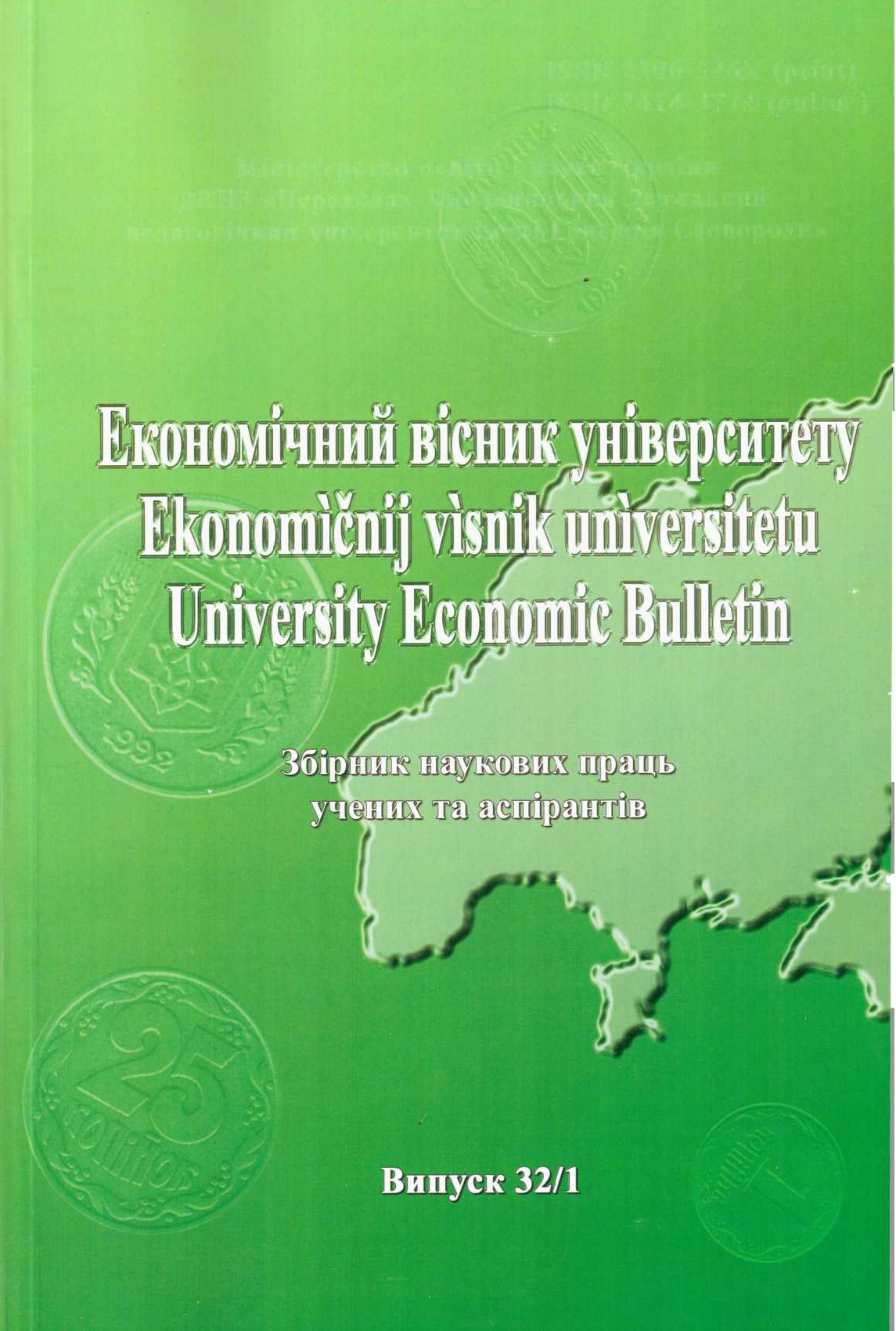Зовнішньоторговельні відносини між Україною та Європейським Союзом в рамках створення зони вільної торгівлі
EU-Ukraine foreign trade relations in frames of free trade area
Author(s): Tetiana RybakovaSubject(s): National Economy, Supranational / Global Economy, International relations/trade, Economic development, EU-Accession / EU-DEvelopment
Published by: Університет Григорія Сковороди в Переяславі
Keywords: the European Union; European integration; free trade area; foreign trade; export; import; the Association Agreement; liberalization; quotas
Summary/Abstract: Purpose: identifying the current state of EU-Ukraine foreign trade relations in frames of Free Trade Area;Methodology: system-structural approach, method of logical analysis, statistical method, graphical analysis,method of analogy, methods of observation and generalization, method of structuring;Results: based on a critical analysis of foreign trade relations between Ukraine and the EU within the Free Trade Area at the modern stage, the problems of Ukrainian enterprises of key industries providing Ukrainian exports to the EU are identified in terms of the implementation of the Association Agreement with the EU.Practical implications: further research of Ukrainian European integration problems and prospects and Ukraine’s further involvement to the global economic environment; educational process including preparation of the relevant sections of textbooks and manuals for the course «European integration of Ukraine» ;Conclusions: Deep and Comprehensive Free Trade Area (DCFTA) provides for Ukraine the possibility of developing foreign trade with EU countries by opening markets and reducing the trade barriers. Today the EU is Ukraine's largest trading partner. The EU countries make 37.3% of Ukrainian goods export with a key role of agricultural export. Until the DCFTA came into force, the European Union actually had provided really favorable conditions on the EU markets for key sectors of Ukrainian economy with high export potential. However, the dynamics of foreign trade between the EU and Ukraine since the beginning of trade liberalization still remains negative. Among the problems of domestic enterprises constraining the opportunities provided by asymmetrical trade liberalization in frames of DCFTA one can mention incompatibility of products and technological processes with European standards, lack of funds for modernization and implementation of European standards, high competition at the EU markets. The basis for the successful implementation of European standards in Ukraine lies in economy liberalization, business climate and tax system improving, overcoming the corruption, financial institutions development, strengthening the domestic enterprises competitiveness on the basis of innovative development.
Journal: Економічний вісник університету
- Issue Year: 1/2017
- Issue No: 32
- Page Range: 185-193
- Page Count: 9
- Language: Ukrainian

